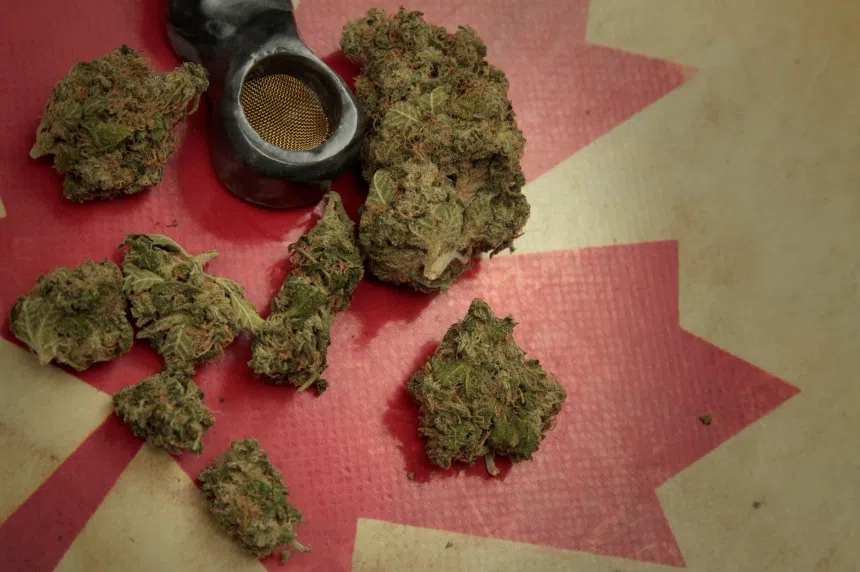
Youth cannabis education key as legalization looms
With the legalization of cannabis in Canada set to roll out no later than July 2018, some are questioning how education on the subject may change, especially for youth.
Many parents feel uninformed on the subject or that kids may know more about the drug than they do. And according to Marc Paris with Drug Free Kids Canada, they are probably right.
“The parents don’t quite know what to say as they are not informed as they should be,” Paris said. The group recently released a guide that highlights the latest evidence on cannabis and how to have meaningful conversations with young people.
Paris stressed the need to “treat kids as intelligent people” who can understand the pluses and minuses of the drug. He said using science and evidence-based facts to inform kids over scare tactics of the past is the way to go.


